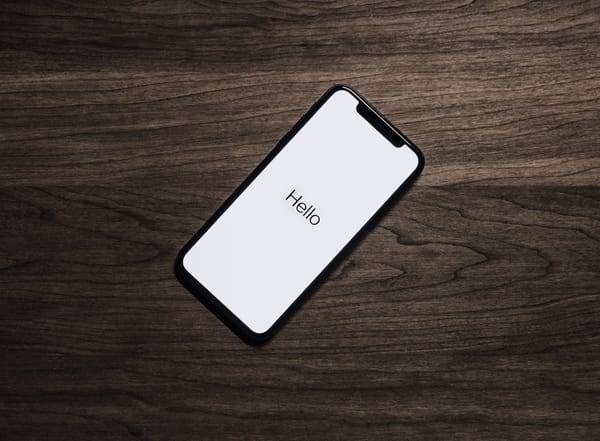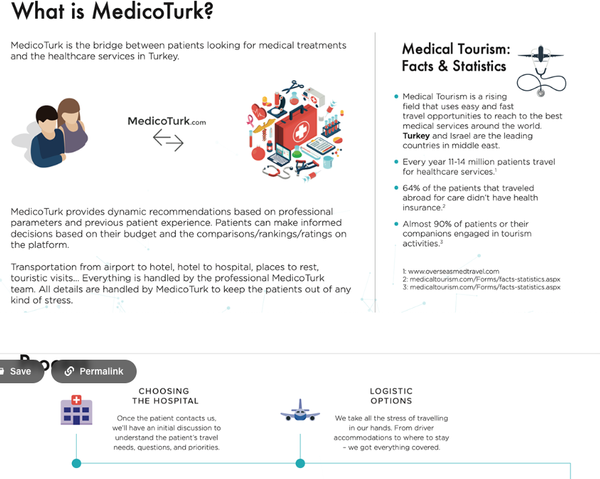Why do we need a VPN for a MacBook?
Table of Content
It is a common misconception that MacBook users do not need antivirus software because Apple systems are less often targeted by cyberattacks than Windows systems. People think that they are better able to defend themselves on a macOS. While Apple prides itself on having security built right into its computers, Internet attacks seem to affect everyone in 2021, including Mac owners.
Find out why you should opt for a paid VPN for MacBook, even if it means paying a few euros a month.
VPN for MacBook
VPNs are very popular among Windows users, but they are just as useful for Macs. Mac users should have a VPN, covering security, privacy, and the ability to access geo-blocked streaming content.
Hence, if you want to stay safe online, you should consider multiple layers of security. Mac antivirus, for example, protects you from malware, but it does not hide your digital footprints. If your Internet usage can be linked to your unique IP address, that information can be used to track you. That is why Mac users have often used the high-performance Mac VPN to connect a device or computer to the Internet, so they cannot be tracked online.
What is a VPN ?
VPN stands for Virtual Private Network. The purpose of a VPN is to provide you with security and privacy when communicating over the Internet.
As the Internet is inherently insecure, a VPN can be very useful. When the Internet was designed, the priority was to be able to send packets in the most reliable way possible. Networking across the world was relatively new, and nodes often failed. Most of the Internet's basic protocols were designed to work around failures rather than to secure data.
The applications you are used to using, whether it is email, web, messaging, social media platforms, etc., are all built on top of this Internet Protocol (IP). Although some standards have been developed, not all internet apps are secure. Many still send their information without any security or privacy protection. Furthermore, this makes the internet users vulnerable to cybercriminals who might want to steal your credit card details or the government will be able to spy on the citizens.
A VPN creates a private tunnel over the open internet. The idea is that everything you send is encapsulated in this private, encrypted communication channel so that, even if your packets are intercepted, they cannot be decrypted. VPNs are very powerful and essential tools that can be used to protect your identity and your data online.
The main advantages of a VPN for MacBook

A VPN offers many advantages to MacBook users. For example:
· Privacy - The connection between your device and the VPN server is encrypted, no one can see what data is passing through the tunnel. The VPN provider can see your data, but effective providers strive to disassociate themselves from any knowledge of their customers and their online activities. They do not keep logs, use shared IP addresses so that individual users cannot be identified.
· Hide your IP address - All your Internet traffic will appear to come from the VPN server's IP address rather than yours.
· Spoofing - Because your IP address appears to be that of the VPN server you are connected to and most VPN providers offer servers in many countries, it is easier to access even geo-restricted information and content using a VPN.
· Secure access to public Wi-Fi hotspots - All data between your device and the VPN server is encrypted. Also, if you connect to a fake or hacked public Wi-Fi hotspot, your data is safe.
Which VPN should Mac users use?
You now understand why Mac users should subscribe to a VPN service. But that leaves an obvious question, which VPN should you use?
First, free VPNs offer limited connection speeds and do not provide dedicated IP addresses. So, you should avoid these. They function as a proxy in which multiple users use the same IP addresses, which induces slowness at a significant level.
Read the following paragraphs to discover the 3 best VPNs for MacBook.
ExpressVPN
Founded in 2009, ExpressVPN is based in the British Virgin Islands and has a no-log policy, which means it keeps no record of your web browsing or data about you. The VPN works on all Macs without a doubt, and you should install without further ado. Moreover, its tens of millions of active users worldwide are proof of the seriousness and reliability of its offer.
Surfshark
Surfshark is excellent when it comes to downloading movies and TV shows without fear of retribution. With unlimited devices per subscription, this VPN gives a different IP address for each connection. So, it makes it much harder to track. However, if you want to keep the same IP address, that is also an option. Additionally, Surfshark can unblock Netflix in addition to torrenting.

CyberGhost VPN
Installing CyberGhost on your computer will offer you many benefits. With daily use, This VPN is one of the best applications for macOS of 2021. Paying and unlimited, this provider allows you to stream, download and browse the web without limits.











